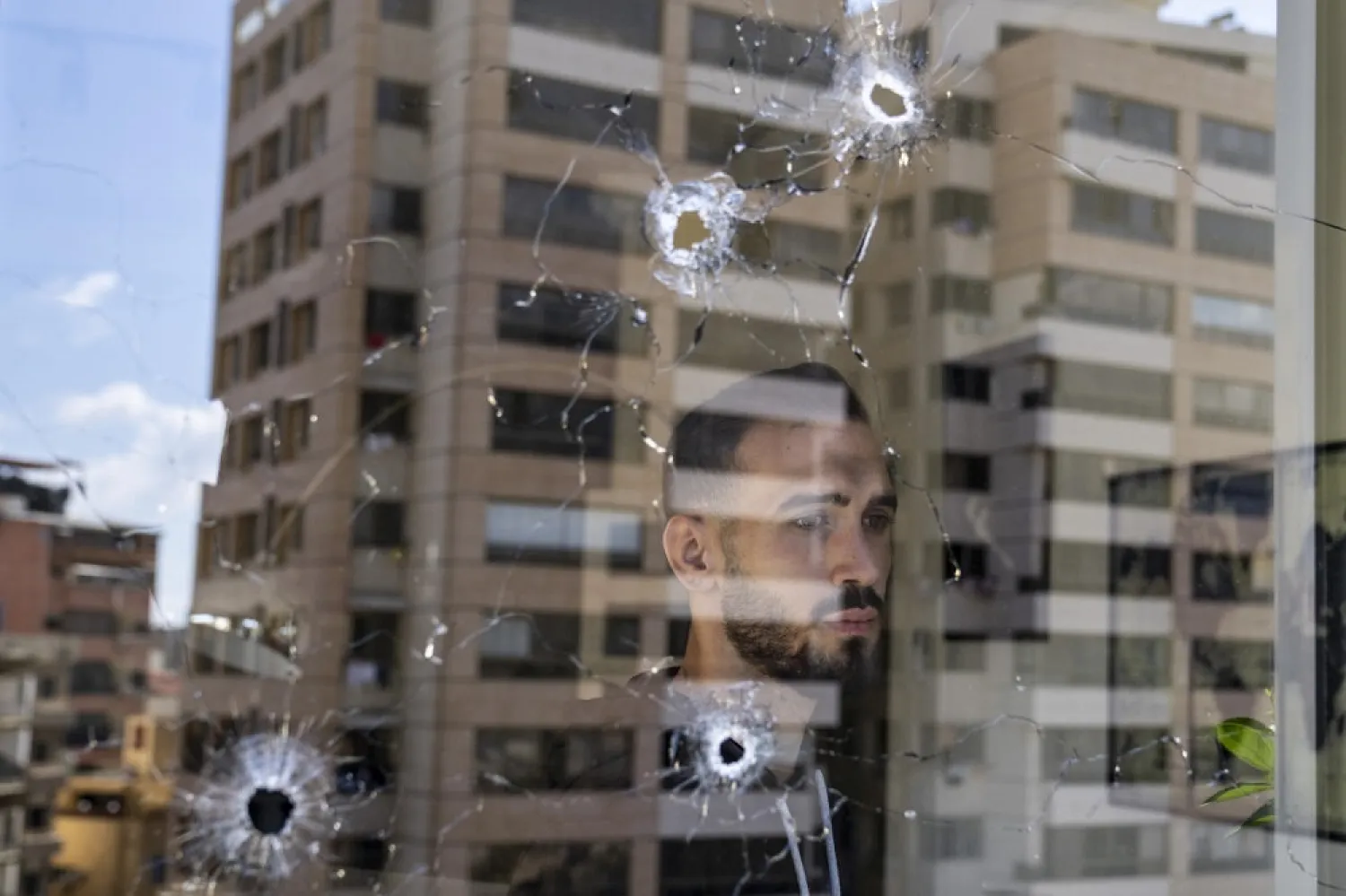The Amal movement, headed by Lebanese parliament Speaker Nabih Berri, slammed the Free Patriotic Movement (FPM) after it accused it of complicity with the Lebanese Forces (LF) in the recent clashes in Beirut’s Tayyouneh area.
Some ten days ago, Hezbollah and its ally Amal had staged a protest in Tayyouneh against Beirut port blast lead investigating judge, Tarek Bitar. Tensions between them and the LF boiled over, leading to armed clashes in the area reminiscent of the 1975-90 civil war. Seven people were killed in the fighting.
Amal’s strongly worded statement was a response to the FPM’s accusation that parliament was usurping the authority of the legislative authority and that the movement was complicit with the LF in the Tayyouneh clashes.
The FPM criticized parliament’s decision earlier this week to hold next year’s parliamentary elections in March instead of May as had been the norm for years.
It viewed the decision as a violation of the privileges of the legislative authority that has the right to set the date of the polls through a decree by the president, prime minister and interior minister. The FPM was founded by President Michel Aoun.
Moving the elections forward deprives 10,685 Lebanese people of the right to vote because their names have not been added to the electoral lists even though they have reached the voting age of 21.
Moreover, it also jeopardizes the electoral process because they would be held in March when the weather is still rainy and snowy, which exposes voters to dangers on the road when they are headed to polling stations.
The FPM also expressed its objection to holding the elections during Lent, which it said could be inconvenient to fasting Christians.
Turning to the Tayyouneh clashes, the FPM condemned the scenes of “militia strife, during which the Lebanese bore witness to the complicity of two parliamentary blocs” – meaning Amal and the LF.
The FPM stressed its commitment to the 2006 understanding it reached with Hezbollah that stands in contrast to the “duo of complicity in Tayyouneh.”
“This understanding is the guarantee that prevents the return of the frontlines and barricades of fire and blood,” it added, in reference to the civil war.
It slammed “those who falsely boast of supporting the judiciary and yet shirk judicial summons and protect several fugitives.”
Bitar had issued an arrest warrant for top Amal member and former minister Ali Hassan Khalil after he had failed to appear for an interrogation related to the Beirut port blast probe.
Amal was quick to respond to the FPM, accusing it and Aoun of leading Lebanon to the “pit of Hell, as the president had famously foretold the Lebanese.”
“Amid its political and popular losses, the FPM is attempting to come up with delusionary scenarios from its sick mind to cover up for its reality and the political and livelihood crimes it has committed against the Lebanese people,” said the statement
It accused the FPM of exploiting its understanding with Hezbollah to stir strife and undermine the alliance between Amal and the party.
“This alliance has been baptized by the blood of the martyrs who fell side-by-side in Tayyouneh in an embodiment of the confrontation to politicize the judiciary in the dark rooms headed by [the FPM’s] Salim Jreissati,” it continued.
It is this “dark room that is manipulating the work of Judge Tarek Bitar amid the mentality of intolerance and sectarian isolation that the FPM and its supporters are enduring,” alleged Amal.
“The FPM knows very well that we have never allied ourselves to the LF. The movement and its leader, on the other hand, were more than eager to sign an agreement with it over the distribution of shares” so that Aoun could become president in 2016 “in clear disregard of all of their political values,” it continued.
The statement underscored the fact that Amal lawmakers had submitted blank votes during the presidential elections in protest against Aoun’s nomination.
“We knew back then that a movement with such a mentality would only lead the country to the current state of political and economic collapse,” it stressed.
Amal noted that the proposal to hold the elections in March was welcomed by all blocs at parliament, except the FPM.
The FPM, it stated, is exploiting the president to avoid holding the elections altogether because it fears they will confirm their suspicions over their losing popularity.









